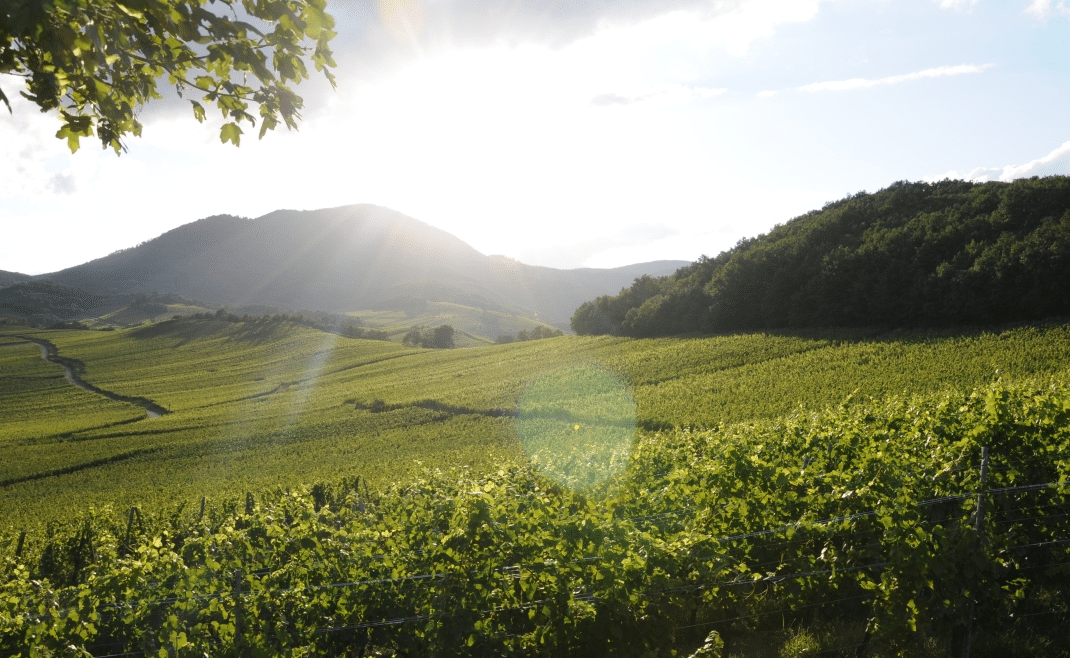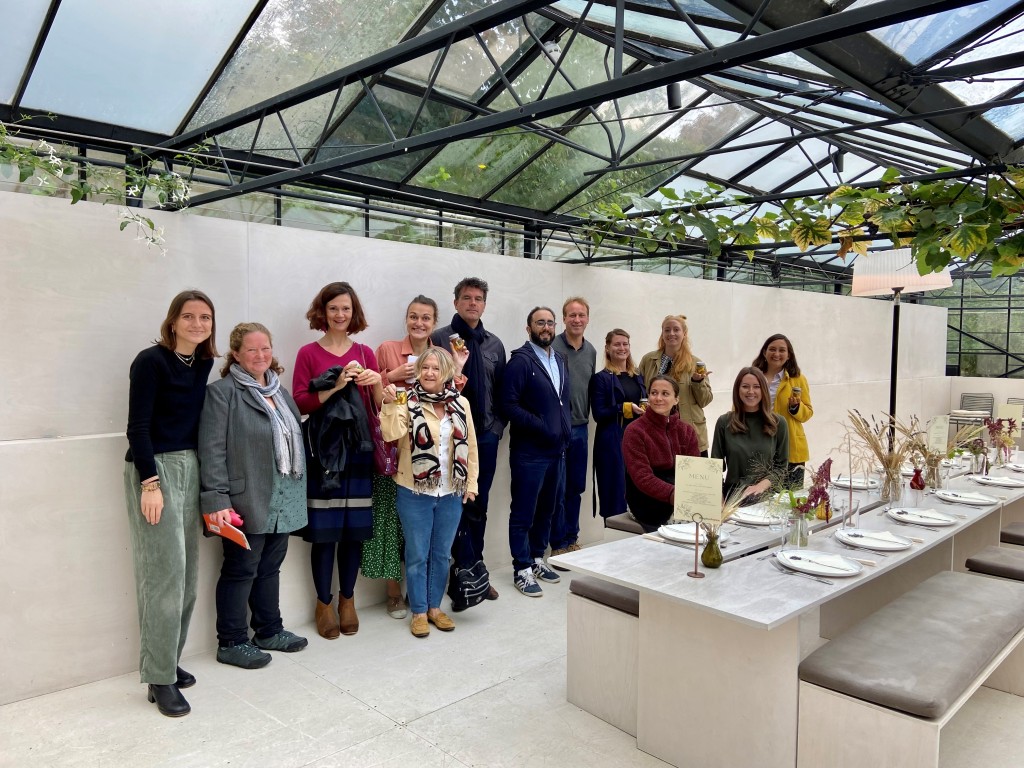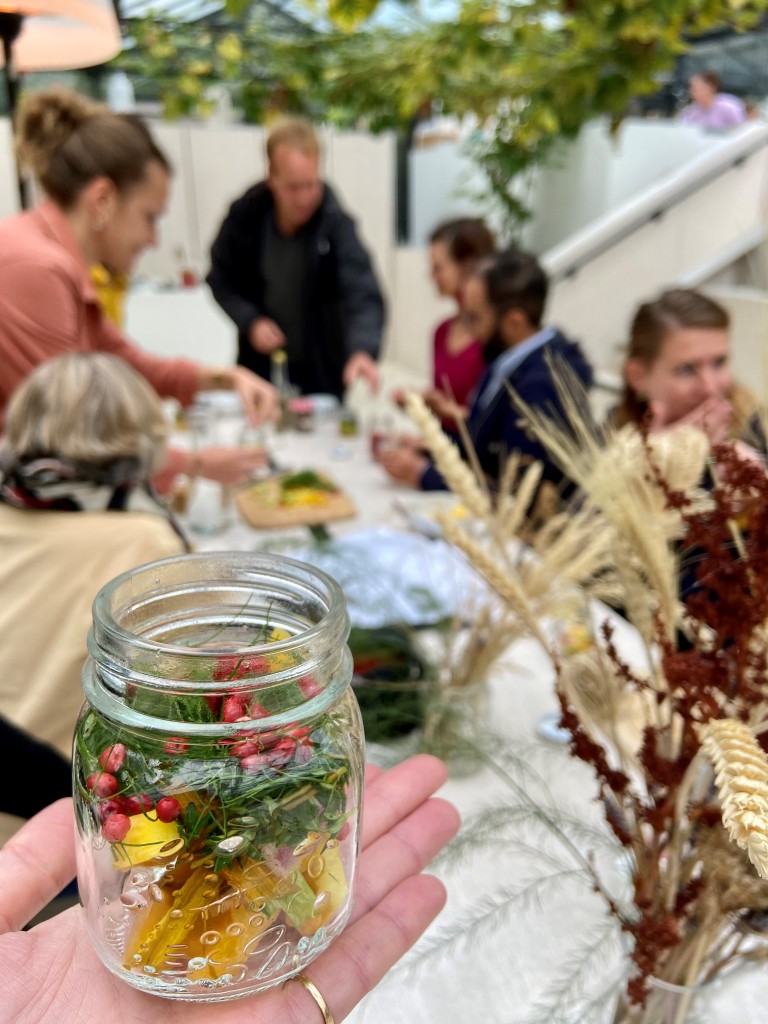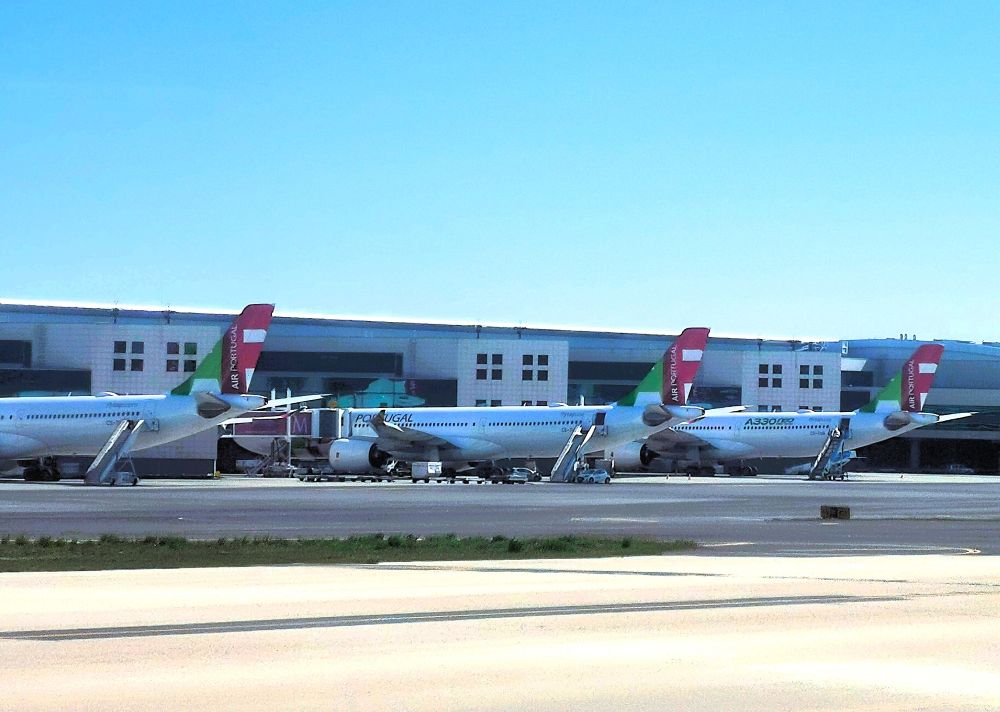Going green: France’s steps to become a leading European destination for sustainable tourism

It is clear that today we face an unprecedented ecological crisis, and that actions must be taken towards mitigating this crisis. The need and demand for more sustainable holidays is higher than ever. France is committed to reducing its carbon footprint by fostering an eco-conscious tourism model. This has become even more apparent since the outbreak of Covid, which has demonstrated that we must rebuild, redefine and improve tourism as we know it by placing sustainability at the heart of this sector. We also recognise that with the current economic situation and inflation, it is imperative to ensure that sustainable tourism in France is inclusive and affordable.
Although we know that, for travellers, sustainability is not currently as important as value for money, it still forms part of a much larger strategy for France: in April 2021, the French government approved the New Climate Bill which aims to support the ecological transition by helping France reach its 40% emission targets by 2030.
Transport / Railways
- France has an extensive, 27,000-kilometre railway network.
- A great many destinations are accessible by train in France – and the government is increasing inter-regional connections to favour train travel within the country. The advanced railway network in France currently makes it possible to travel to Paris from Marseille in just 3 hours.
- Trains are also relatively affordable in France, with special discounts for younger as well as senior people, lobbying closely with transport actors to keep prices low.
- The TGV M, a new and faster TGV, will also be launched in 2024. This train will reach a top speed of 220 mph, compared with the current TGV’s 190 mph. According to French national rail operator SNCF, the TGV M will be faster, greener and even more spacious than current models. It will also be more energy efficient, promising a 32% reduction in CO2 emissions. Passengers will be able to reach destinations more quickly, allowing the intended move away from short-haul plane travel within France.
- In an effort to reduce air travel and encourage train travel, France has been given the green light by the EU in December 2022 to ban short haul domestic flights between cities that are linked by a train journey of less than 2.5 hours. Initially this will only include three travel routes between Paris Orly and Nantes, Lyon and Bordeaux, if rail services improve more routes could consequently be added to the ban.
- Innovation and investment in sustainable means of transport such as trains is an important component of advancing sustainable tourism in France.
Accommodation
- One of Atout France’s roles is to award stars to hotels, which are reviewed every 5 years. A new procedure for awarding stars to hotels and other accommodation came into effect in April 2022. The 2022 version, which includes 243 criteria, emphasises sustainable development. There are now 27 criteria related to sustainable development (compared to 13 in the previous edition), of which 15 are mandatory: staff training in energy-saving management, water-saving and waste management measures, waste sorting for guests, environmentally friendly cleaning products, information to guests on low environmental impact transport, a means of reducing the amount of laundry and much more.
- This new procedure is much more demanding and will further encourage establishments in the hotel sector to become key actors in the ecological transition. 87% of hotels in France will be impacted.
- In addition to this, over 190 French hotels, B&Bs and guesthouses have been awarded the EU Ecolabel for environmental excellence, while over 640 are members of the Green Key initiative.
- Hotel Tandem in Strasbourg is an example of an eco-friendly hotel that rejects single-use plastics, uses sustainable cleaning products and only serves seasonal, local products for meals. It is also situated next door to the train station and offers bikes for guest use.
- Eklo hotels are a French group of green, affordable and friendly hotels which opened in 2014, combining the concept of a hotel with a youth hostel. From construction to operation, everything is designed to reduce the environmental impact of these hotels: low-consumption eco-construction, modular wooden construction, 100% green electricity, energy savers, LED bulbs and water aerators. Eklo uses half the water and electricity of a conventional hotel.
- There are also a number of sustainable hostels in France: the Edd Hostel in Brittany is one example, centered around the concept of eco-mobility, using the hotel as a base to visit a number of destinations such as Saint-Malo, Dinan and the Mont-St-Michel without a car.
- MooVert is a new booking site which opened in October 2022. This booking sites brings together a group of accommodation, restaurant and service providers who share common values: authenticity; respect for the environment; welcome & service. Carefully selected accommodation that is known by the network of French tourism institutions as a player in the local development and heritage of their territories. Service providers evaluated in order to help the final consumer to choose more environmentally responsible accommodation, restaurants and activities.
- Increasing standards and ensuring regulations and checks will ensure that establishments and hotels in France are constantly thriving and have a positive environmental impact.
Slow Tourism
- This increasingly popular mode of travel champions slowing down and taking time when travelling, making the journey itself part of the experience.
- Taking the train instead of flying means you can enjoy the landscapes and the places en route to your destination: French trains are often double-decker and always well equipped, with chef-created meals and drinks available on board.
- Once you arrive, cycling is one of France’s best-loved forms of slow tourism. The country boasts over 20,000 kilometres of equipped cycle trails and greenways, plus 3,000 road and mountain bike circuits. Several major routes cross France, such as the Vélodyssée, Vélomaritime and Loire a Vélo – the newest addition is La Seine a Vélo (2020), encouraging two-wheeled adventures from Paris to Le Havre, Normandy along the eponymous river. Corsica is also a great cycling destination with the recent addition of the 600km GT20. Look out for France’s ‘Accueil Vélo’ network of cycle-friendly accommodation and repair shops.
- Did you know that France is home to Europe’s largest river network? Take a boat ride on France’s 6,700km of ‘Voies Navigables’ (navigable waterways) – no licence is required to rent a barge or houseboat (electric options available), and boating can be combined with cycling along the towpaths. One famous waterway is the Canal du Midi, stretching over 240km from Toulouse to Sete.
- Horse riding and hiking are two other great ways to explore France, which has 8,000 equestrian centres and specialist agencies, and 65,000km of GR (long-distance) hiking trails.
- The region of Pays de la Loire has additional slow tourism initiatives such as the nature trail on Ile St-Aubin, Angers.
- The increase in popularity of slow tourism demonstrates that people are becoming more mindful of their impact on the environment and shifting their mindset away from quantity and towards quality.
Nature
- France is home to 11 national parks and 54 regional parks – and it is committed to protecting the biodiversity of its forests, which currently cover 16.7 million hectares. One example is the National Forest Park in Burgundy, created in 2019 to preserve the incredible biodiversity of the area and covering almost 250 ha.
- The French mountains cover 25% of the country, their six main massifs dotted with 5,600 local councils, villages and towns. Many initiatives are protecting the mountains and making skiing more sustainable, such as the ‘Flocon Vert’ (‘Green Snowflake’) label, which guarantees the sustainable commitment of mountain tourist destinations and is awarded to candidate resorts following a demanding audit. Resorts include Chatel, Chamonix-Mont Blanc and Chamrousse. Measures include using renewable energy sources, as at least 48 ski lift companies in the French Alps have committed to a sustainable approach to reduce their CO2 emissions. Alongside this are other biodiversity initiatives such as ‘Be part of the mountain’, a scheme offering workshops, naturalist observation points and educational approaches in the Vanoise National Park and other regional parks.
- In response to climate change, the French mountains are also significantly developing their summer activities to allow and encourage year-round visitors.
Culture & Heritage
- Marseille’s Musée Subaquatique (Underwater Museum) opened in 2020, one of its core missions to monitor scientific development and contribute knowledge of the marine environment and marine biodiversity. This initiative also aims to raise awareness on sustainability and the current state of our oceans.
- Bordeaux is the European Capital of Smart Tourism for 2022, an award that recognises outstanding achievements in cities across four categories: sustainability, accessibility, digitalisation and cultural heritage. Bordeaux pushes sustainable development through reducing carbon footprints and strengthening the promotion of an alternative tourist offering based on culture and nature activities in the metropolitan area. Bordeaux’s Maison Citoyenne provides access to resources on sustainable development through exhibitions and workshops.
- Grenoble was named European Green Capital for 2022, an award first given to a French city in 2013, when the winner was Nantes.
- NAUSICAA, the French national sea centre in Boulogne-sur-Mer, it is a unique centre for the discovery of the environment focusing on the relationship between man and the sea. Its main goal is to raise public awareness of the need for better ocean management and the effects of not doing so.
- To understand our planet better and how it works, travel not only to the heart of our solar system but also through the whole universe in the largest planetarium in France at the Theme Park Vulcania in Auvergne! Its immersive dome, actually the largest in France, (22 meters in diameter), offers a unique experience in Space with films as well as animated sessions with our scientific team. The 4 educational rooms located in the same building host workshops for young explorers of Vulcania and school groups. The opening is scheduled in Spring 2023 right at the heart of the Chaîne des Puys and its 80 volcanoes, which are part of the UNESCO World Heritage List since 2018.
- Exhibitions and other cultural elements currently available in France can act as great mediums to educate visitors on the current position of our planet and showcase the measures being taken to ensure that future generations can thrive.
Flagship Events 2023/2024
- France 2023 (The Rugby World Cup) and World Rugby confirmed their mutual ambition to raise the existing standards for international sporting events in terms of social responsibility, inclusion and sustainable development. Key engagements include acting for a sustainable and circular economy, investing in education, reducing impact on the environment and fostering inclusion and accessibility for all. The tournament will also be the first international sporting event to offer an online platform for sustainable transport, accessible to all fans. Recycled materials will also be used for the medals and benches.
- Similarly, the 2024 Olympic Games in Paris will be unlike any other Games in history in their eco-conscious approach, encouraging energy conservation, innovation and creativity. They will use 100% renewable energy, make use of 95% of existing venues – such as Versailles for equestrian events and the Champ de Mars (beneath the Eiffel Tower) for beach volleyball – and track their carbon footprint every step of the way.
- Placing sustainability at the heart of major international events is important, not only in limiting France’s own environmental impact but also in setting a precedent for future events and encouraging other countries to follow suit.
Art de Vivre & Gastronomy
- The Michelin Green Star was introduced in 2020, an annual award holding restaurants accountable to their ethical and environmental standards, and working with sustainable producers and suppliers to avoid waste and reduce plastic and other non-recyclable materials from their supply chain. There are currently 291 Michelin Green Star establishments worldwide, with 82 based in France. One example is the Fleur de Loire in the Loire Valley, whose approach champions total respect for the environment.
- Urban farms are a growing phenomenon in France, especially in Paris, where more and more are opening each year and supply a number of restaurants in the capital. The rooftop of Paris’ Centre Beaugrenelle is set to become an urban farm, allowing visitors to discover more local, sustainable agriculture to demonstrate how a city can respond to the need for more eco-friendly initiatives. Wesh Grow is the driving force behind the farm’s creation, aiming to give new life to car parks and rooftops through urban agriculture projects. They currently supply over 500 restaurants with fresh, local produce.
- In an effort to move towards a zero waste society, as of 1st January 2023 France will now ban single use restaurant tableware in fast food restaurants. This new regulation will have a significant impact on a number of chains such as McDonalds, Burger King and Starbucks. This new law has been hailed a “complete paradigm shift” for the sector, given that the fast food industry produces a considerable amount of waste.
- The ‘Farm to Fork’ concept, along with zero waste, are not new – but in a world in which we regularly eat out-of-season produce and throw away enormous amounts of food, reclaiming these more traditional, simple ways of living is crucial. Sustainability is not always about reinventing the wheel, but rather looking to the past for more sustainable practices that may have been forgotten.
- The wine industry has been badly impacted by environmental changes and the wine industry is taking steps to adapt – in August 2021, it set up a national strategy to safeguard the vineyards. One way is by reintroducing forgotten varieties of grapes that are more tolerant to droughts and adapt well to the mountains. France has around 400 grape varieties, but it uses barely a third of them – forgotten varieties include Jacquère and Mondeuse Noire. Organic wines are becoming increasingly popular in France, with more vineyards in France turning to organic production. In 2020, organic wine production increased by 22% compared to the previous year. Currently, organic wine represents around 4.7% of wine consumed in France.
The Atout France Evergreen Brunch at Omved Gardens, London: 27 September 2022

As part of The Great Big Green Week 2022, coinciding with World Tourism Day and in the context of our #ExploreFrance pan-European campaign, Atout France UK was delighted host an intimate, exclusive brunch event on green travel and sustainability in France.
Our venue, Omved Gardens, is an urban greenscape, exhibition space and food project off the beaten track in Highgate, London. The event incorporated a tour of the garden and a workshop on fermenting with resident French chef Jo March, followed by a brunch of dishes using the garden’s harvest. The attending journalists were presented with the varied steps France is taking to go green and become one of the leading European countries for sustainable tourism.


Learn more about Atout France
[related_post]Have your say Cancel reply
Subscribe/Login to Travel Mole Newsletter
Travel Mole Newsletter is a subscriber only travel trade news publication. If you are receiving this message, simply enter your email address to sign in or register if you are not. In order to display the B2B travel content that meets your business needs, we need to know who are and what are your business needs. ITR is free to our subscribers.















Qatar Airways offers flexible payment options for European travellers
Airlines suspend Madagascar services following unrest and army revolt
Digital Travel Reporter of the Mirror totally seduced by HotelPlanner AI Travel Agent
Strike action set to cause travel chaos at Brussels airports
All eyes on Qatar as Qatar Airways leads a season of global events